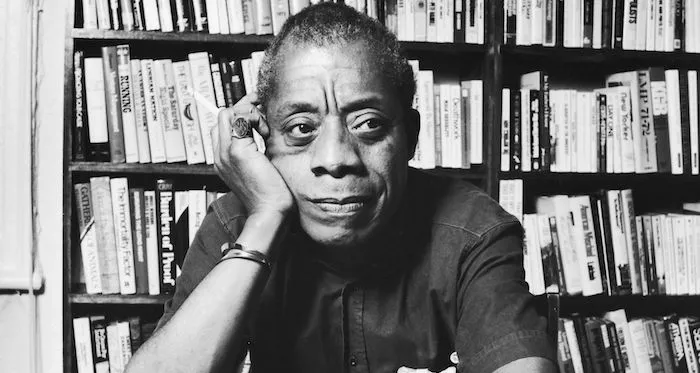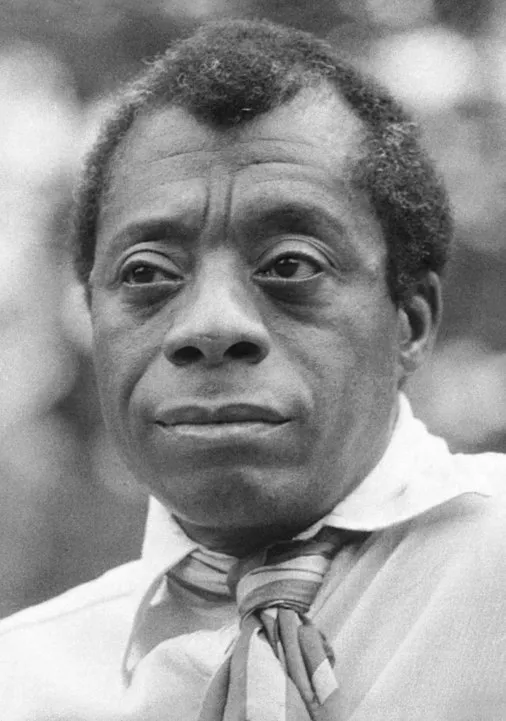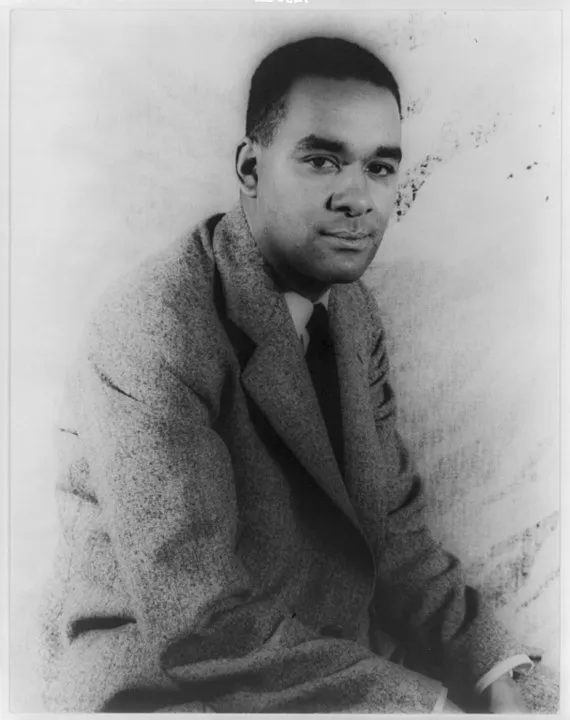
5 Things You Didn’t Know About James Baldwin
Born in Harlem in 1924, James Baldwin began his life as a child out of wedlock and rose to prominence virtually unseen by other Black authors or queer authors of his day. Though he’s best known for collections of essays such as Notes of a Native Son and The Fire Next Time, his eloquent, thoughtful work also included novels, poems, and plays.
One of the most important authors writing about race in America in the 1950s and ’60s, Baldwin dealt with the intersection of masculinity, sex, race, and class in ways that had not been popularized prior to his work.
While there’s been a lot written about James Baldwin, many interesting details of his life and career remain unknown by the general public. Here are five interesting facts you might not know about one of the most powerful and controversial authors of the 20th century.

1. James Baldwin Had the Longest FBI File of Any Black Artist of the Civil Rights Era
The fact that James Baldwin had an FBI file is not exactly breaking news but the extent of that file is pretty intense. His file includes documents from 1960 through the early 1970s and comes out to nearly 1,900 pages.
Just how extensive is that? Compare it to fellow Black author Richard Wright’s 276 pages, fellow queer author Truman Capote’s 110 pages, or the nine pages they amassed on Henry Miller, and you can see that it was quite extensive indeed.
2. James Baldwin Decided to Be a Writer When His Father Died
The oldest of nine siblings, Baldwin felt pressure to care for his family as long as he could remember. He once said about his upbringing:
I never had a childhood … I did not have any human identity … I was born dead.
Tubbs, Anna Malaika (2021). The Three Mothers: How the Mothers of Martin Luther King, Jr., Malcolm X, and James Baldwin Shaped a Nation (1st ebook ed.). New York, NY: Flatiron Books. ISBN 978-1-250-75612-1.
He took on many different jobs in an effort to care for his family, including becoming a youth minister. It was only when his father* died that Baldwin felt he could pursue a career in writing.
As Baldwin said in a 1984 Paris Review interview, “James Baldwin, The Art of Fiction No. 78” :
Until my father died I thought I could do something else. I had wanted to be a musician, thought of being a painter, thought of being an actor. This was all before I was nineteen. Given the conditions in this country to be a black writer was impossible. When I was young, people thought you were not so much wicked as sick, they gave up on you. My father didn’t think it was possible — he thought I’d get killed, get murdered.
Upon the death of the elder Baldwin, James took the leap and dedicated his life to writing.
* James Baldwin did not know his biological father. Despite a difficult relationship with his stepfather, he referred to him as “father” throughout his life. I have followed his example throughout this article.
3. There Are Four James Baldwin Novels Likely Lost Forever
In 1948, James Baldwin moved to Paris. Though he’d yet to have a novel published, he’d written four. Unfortunately, Baldwin doesn’t know what happened to them. “When I came over they were in a duffel bag, which I lost, and that’s that.”
4. James Baldwin Wrote at Night
In Daily Rituals: Women at Work, a fun little book about, you guessed it, daily working rituals, a clear pattern emerged of the writers: they primarily wrote in the morning. Science seems to support the idea that the morning is the best time to write. In this, James Baldwin was an outlier.
Baldwin did not start writing until after the day was over and would then write until three or four in the morning.
5. He Met His Mentor, Richard Wright, by Simply Knocking on His Door
Also not breaking news: Richard Wright was a mentor to James Baldwin, then a good friend, and then a tabloid enemy. The nuances of their story would require an entirely different essay — and one that’s been written over and over again — but one fact remains less well known: how they met.

When Baldwin decided he wanted to meet the author of Native Son, he did what any sensible person would do — he showed up at Wright’s home and knocked on the door. I don’t recommend you do this for your favorite author, but it worked out for Baldwin, whose career was certainly helped by the generosity and connections available from Wright.
James Baldwin led an interesting, active, and creative life that we, as readers, are lucky to have the opportunity to experience. In the year of what would have been his 98th birthday, thank you, Mr. Baldwin, for sharing your literary brilliance with the world.
For more about James Baldwin, check out:











